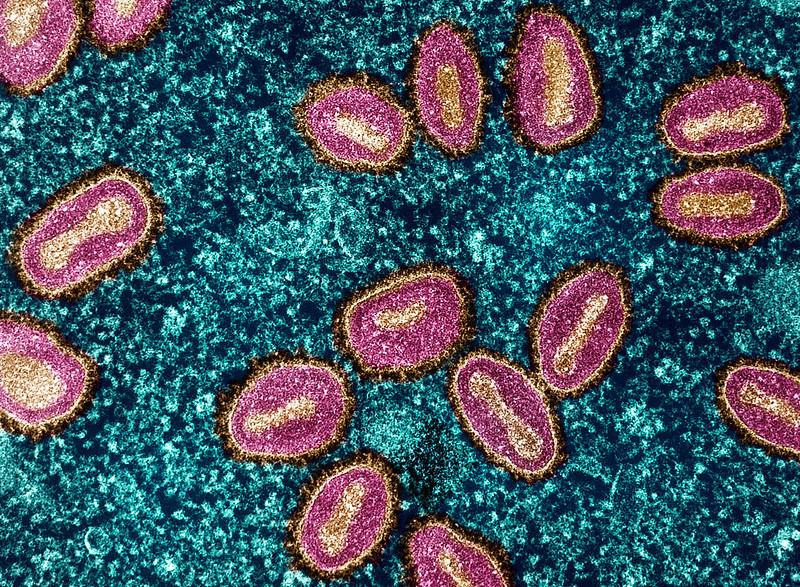Though mpox cases in Africa continue to trend downward from a peak a few months ago, cases rose in some countries last week, amid new challenges that include exponential spread in Guinea and the arrival of clade 2b in the Democratic Republic of the Congo (DRC), officials from Africa Centres for Disease Control and Prevention (Africa CDC) said today at a weekly briefing.
Ngashi Ngongo, MD, PhD, MPH, who leads the group’s incident management team, said the situation in Sierra Leone, which was reporting 600 cases per week in May has vastly improved, with the number down to 94 in the most recent surveillance week. He said the country has seen payoffs from intensified community surveillance, good vaccination uptake, and better testing coverage that has driven a shift from passive to active surveillance. “This is one of the best stories that we have,” he said. Another bright spot is a delivery of 3,000 mpox vaccine doses from Ireland that is expected to arrive in Sierra Leone on August 11.
However in the African region overall, cases and deaths have already outpaced totals for 2024, and new outbreaks have emerged in Gambia, Cameroon, and Mozambique, he said. Of 27 countries that have reported mpox cases over the past 2 years, 13 reported new cases during the past week.
Clade 2b detected in Kinshasa
Cases were up last week in the DRC, which should be interpreted with caution due to a reporting backlog, Ngongo said. Clade 2b activity was recently detected in Kinshasa, which has been battling 1a and 1b clades, with linkages to travel from West Africa, which he said is a great concern, signaling a need to revisit a focus on key populations. “Contact listing remains a major challenge,” he said.
Neighboring countries Uganda and Burundi also reported case rises last week, which Ngongo said likely reflects a shift to more active surveillance.
In Liberia, cases have been accelerating over the last 8 weeks, with cocirculation of clade 2a and 2b mpox viruses. Though testing coverage is good, positivity jumped from 35% to 72% last week, and Montserrado County, which includes the capital Monrovia, accounts for 56% of the country’s cases. On a positive note, Ngongo said the vast majority of Liberia’s active cases are in isolation.
Virus spreads in Mozambique, Guinea challenged by weak health system
Other areas of concern are Mozambique and Guinea. Mozambique, one of the newly affected countries, has detected 170 suspected cases, 29 of them confirmed, since the middle of July. So far, the clade isn’t known, and males make up 66.7% of cases. Ngongo said the country has now reported a case in a second prefecture (Maputo) and officials are worried about the risk of cross-border spread.
In Guinea, exponential mpox spread continues and is concentrated in Conakry, Faranah, and Kindia regions, marked by cocirculation of 2a and 2b clades. Ngongo said Guinea’s challenges include limited resources for outbreak response, weak surveillance systems, delayed case detection, and low community awareness about the disease.



















